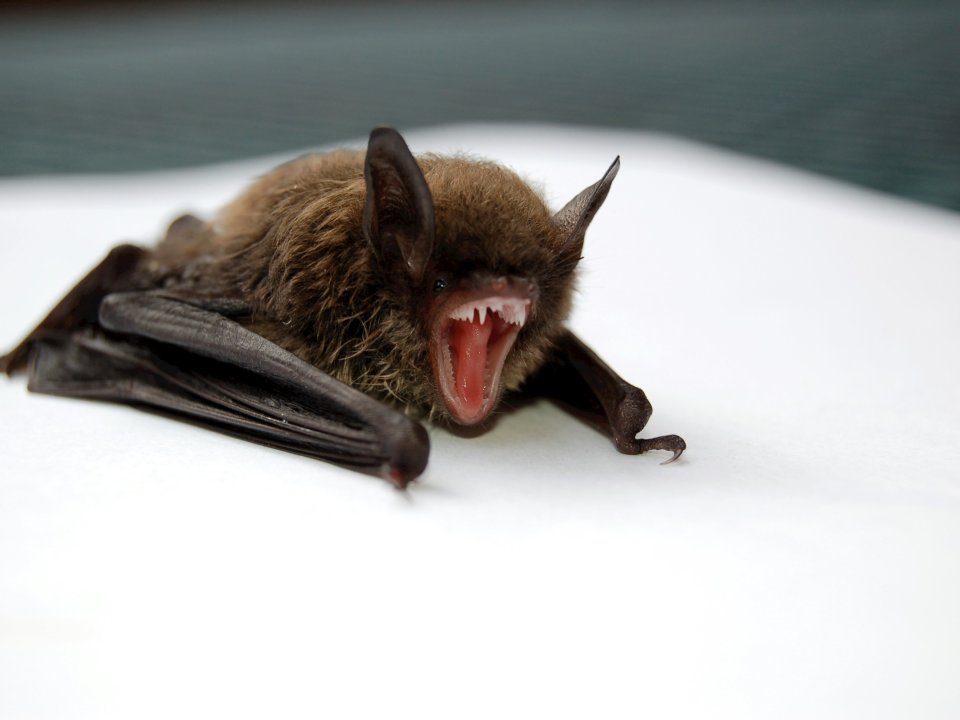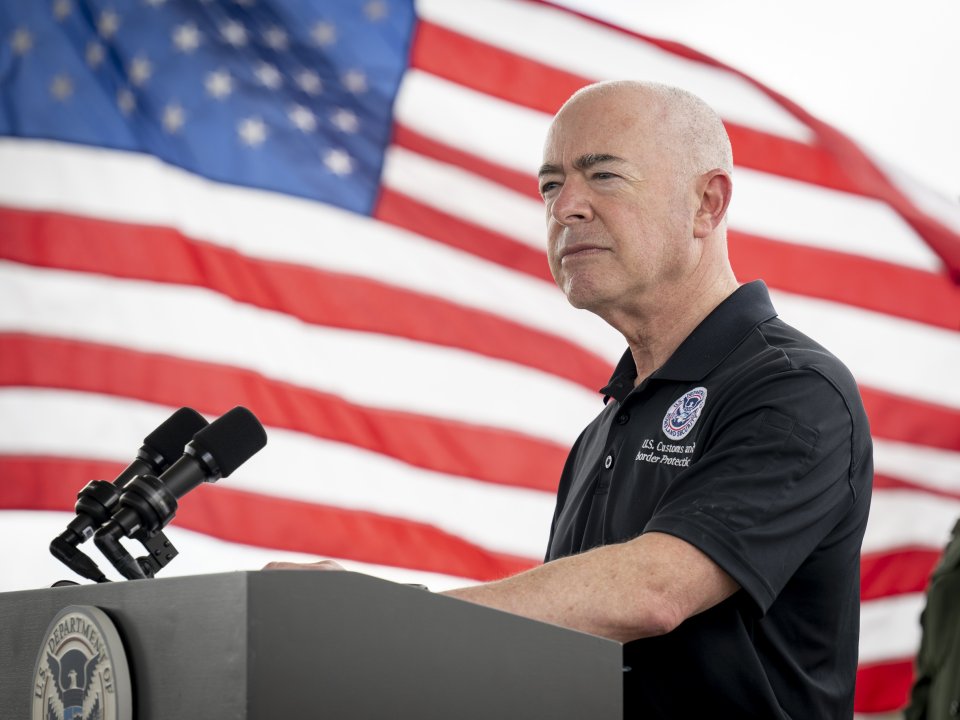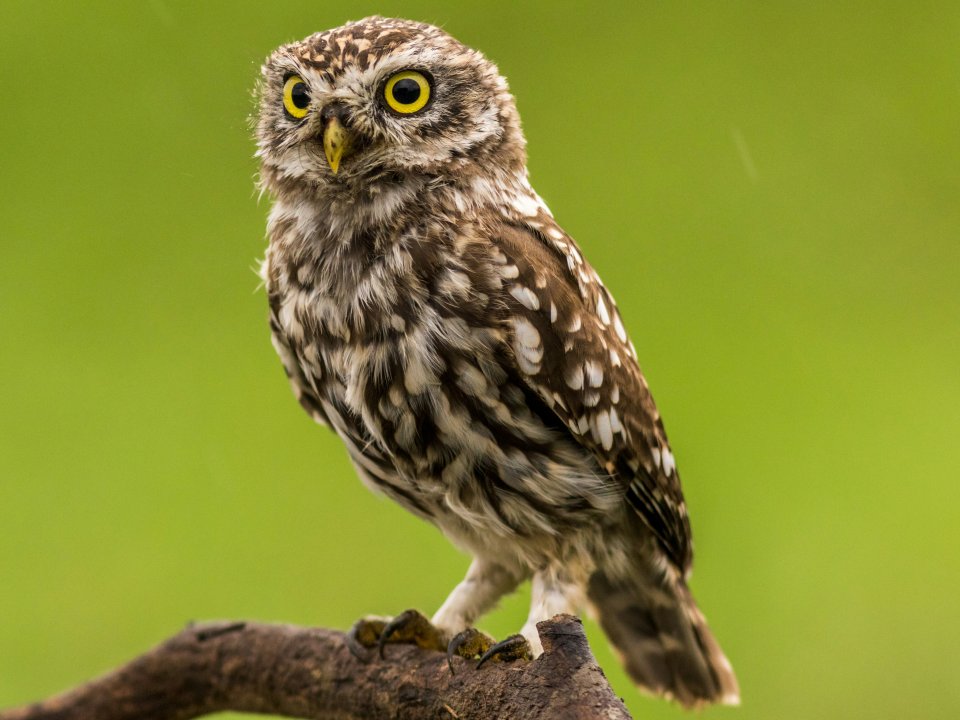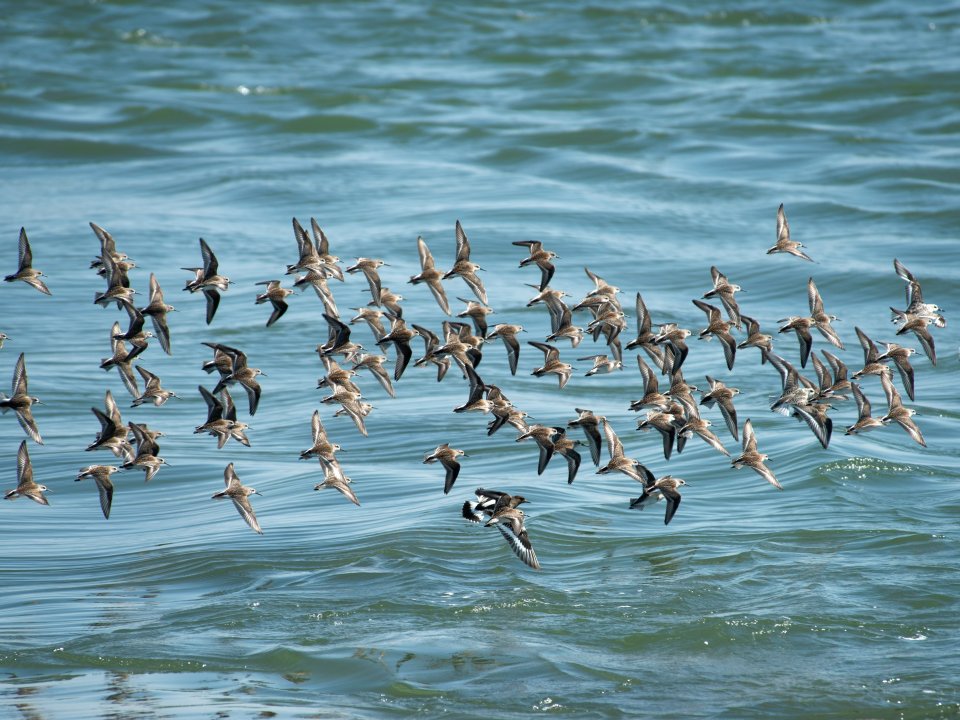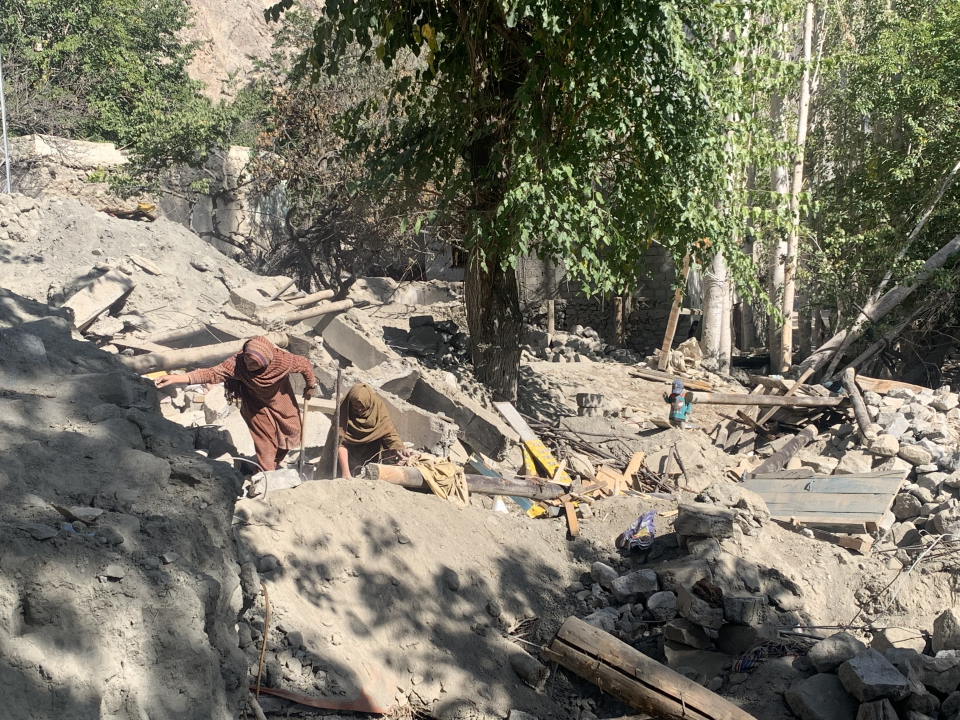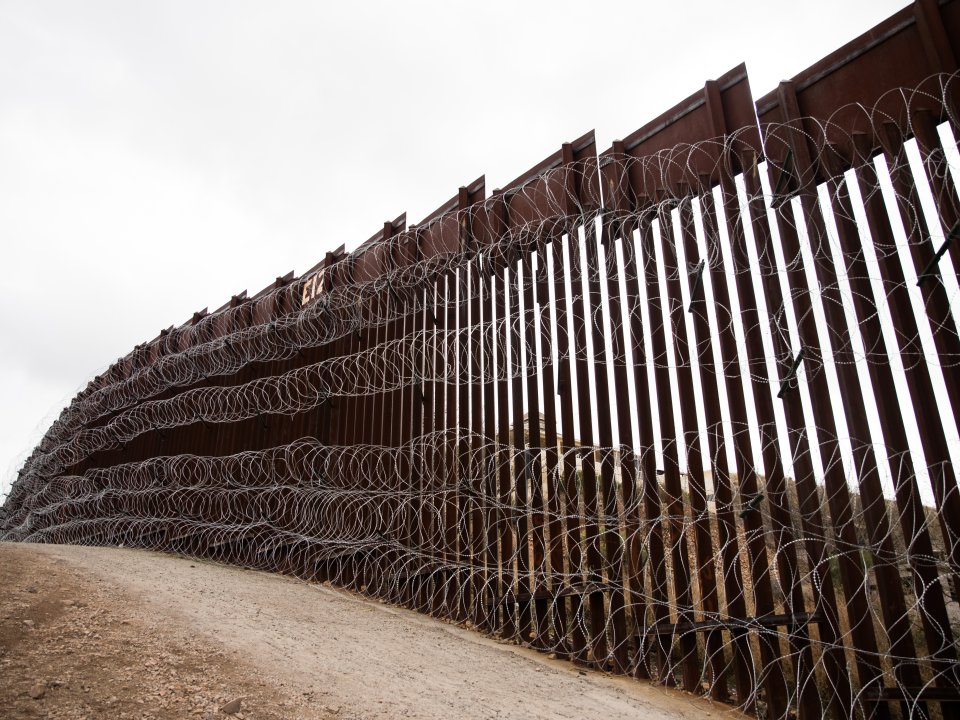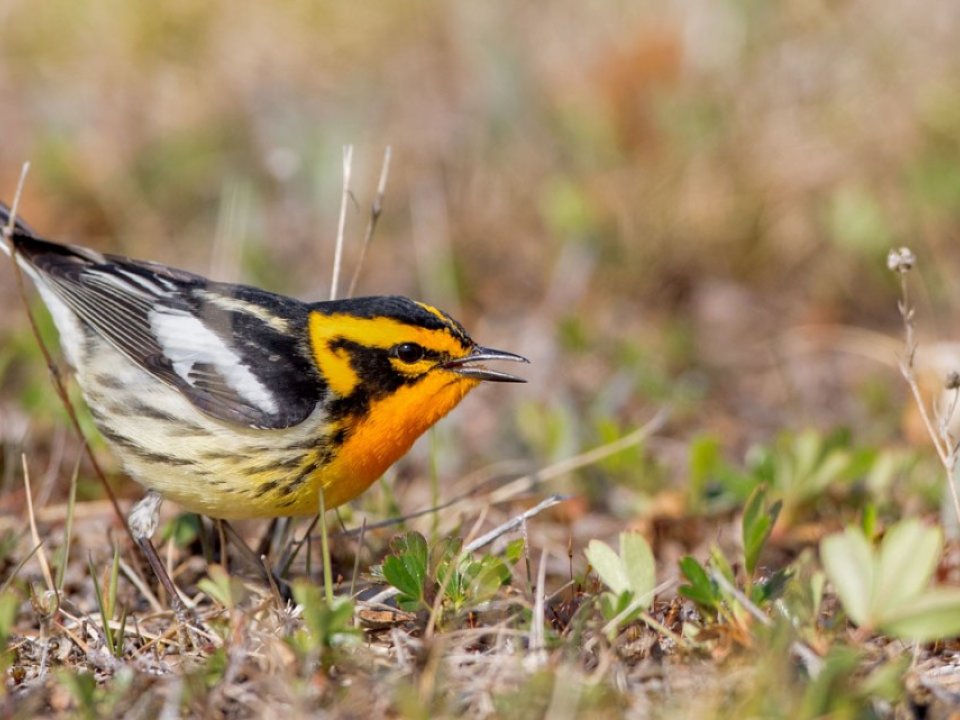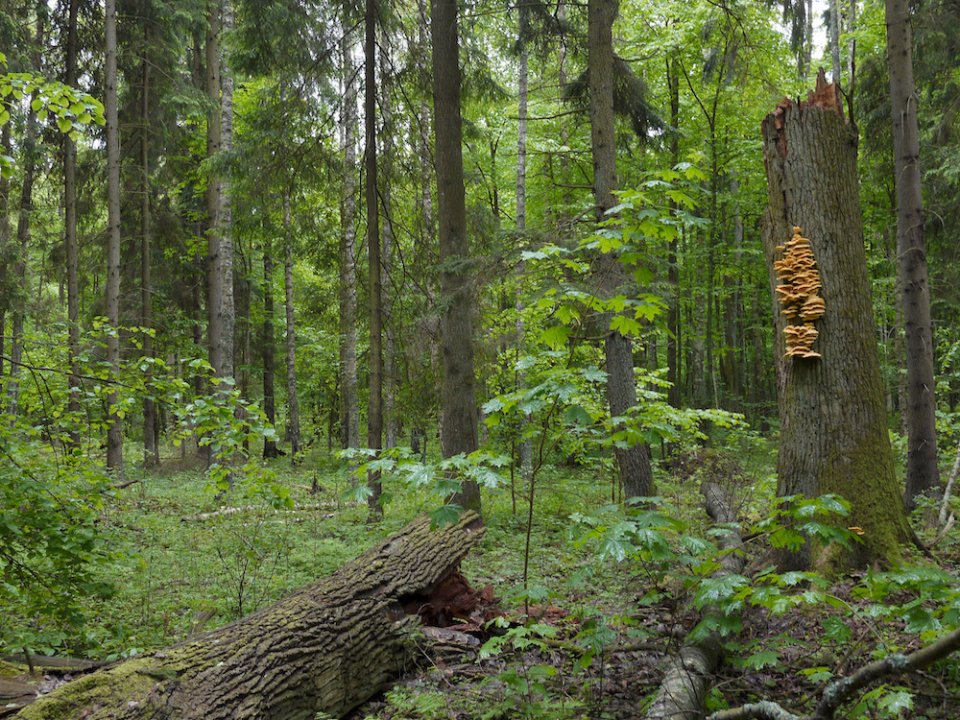News
“Getting humanity to work collaboratively at a global scale underpins most of the existential challenges we face, from climate change and environmental pollution to biodiversity loss and ecosystem collapse—this at a time when earnest collaboration even at local scales often seems elusive,” notes Cornell Professor of Wildlife Health & Health Policy Steven A. Osofsky, lead author of the study. “However, if we can actually stop hunting, eating, and trading bats, stay out of their caves, keep livestock away from areas where bats are concentrated, and if we can stop deforesting, degrading (or even start restoring) their natural habitats, we can indisputably lower the chances of another pandemic.”
"Mayorkas made history twice when he was confirmed as D.H.S. Secretary, the following February. Born in Cuba and raised in Los Angeles, he became the first immigrant ever to head the department. He is also D.H.S.’s first homegrown leader; typically, secretaries have burnished their standing elsewhere in government or in public life. Marielena Hincapié, a former director of the National Immigration Law Center, told me, 'Immigration was going to be front and center whether Biden wanted it to be or not. How would Democrats be able to present a different vision, and to talk about it? They had someone in Mayorkas.'"
To study the intersection of immigration law and workplace rights law, Youbin Kang has joined ILR as a post-doctoral fellow through a Future of Work grant. In this position, Kang will, under the guidance of Professor Shannon Gleeson and Professor Kati Griffith, conduct research examining the impact of immigration status on workplace precarity.
“Conservation of migratory species is extremely difficult because they cross nations, continents, even hemispheres. That requires a lot of coordination among different countries, and thinking across geopolitical boundaries,” says Amanda Rodewald, director of the Center for Avian Population Studies at the Lab of Ornithology.
Amanda Rodewald, senior director of the Center for Avian Population Studies at the Lab of Ornithology, says “There’s growing recognition that many of the same steps we need to take to protect migratory species, as well as biodiversity more generally — those are the same steps we need to take to protect human health and well-being.”
Cornell researchers have the opportunity to take a long stride toward an alternative future full of possibility, with support from our new Global Grand Challenge: The Future.
Interdisciplinary teams of faculty and researchers from all Cornell colleges, schools and departments are encouraged to identify a research issue of global importance and plan a path to a successful alternative future that is sound, equitable and sustainable. Letters of intent are due Feb. 26.
The results are in! Check out this year's winners of our creative writing and art competition. Students shared how migration shapes their communities through essays, poetry, and art.
“Each of the three branches of government has a role to play in immigration law and policy, and each has failed,” says Stephen Yale-Loehr, professor of immigration law. “The result: a quagmire, where nothing gets resolved and matters get worse every day. Every branch of government is to blame.”
More than 80% of global land area needed to maintain human well-being and meet biodiversity targets is unprotected, according to a new study led by the Cornell Lab of Ornithology.

